Many companies want to use the “Made in USA” designation on their products to appeal to consumers. The coveted designation implies both high quality and support for American labor, which can convince consumers to pay slightly higher prices. But, inevitably, some companies have been dishonest when affixing the “Made in USA” designation on their wares. The Federal Trade Commission (FTC) is the regulatory agency that oversees this issue and has recently been successful in imposing hefty fines on companies that falsely claim their goods are domestically made.
The FTC has set a precedent, but now must provide clarification for the many additional claims of false advertising that will pop up regarding companies saying their goods are “Made in USA”. Fortunately, the agency has concluded two investigations that provide some much-needed clarity. ROKA Sports was using the term “Handbuilt in USA,” which the FTC deemed too misleading. The sportswear company made some products where major components were imported. A second investigation was concluded similarly, with the firm deciding to remove its “American Made” and “USA Made Manufacturer” designations.
Firms May Say “Assembled in USA From Imported Parts”
In the ROKA Sports case, the FTC offered several options for firms in similar positions. While “Made in USA” is only allowed for firms that use a de minimis amount of foreign parts, these firms can use the designation “Made in USA of Imported Parts.” This allows the seller to still show that it supports domestic jobs. If the seller wants to alleviate consumer concerns that the parts within its products may be low quality, it can specifically mention which countries exported the parts, such as European or East Asian manufacturers.
If the product contains a majority of American parts, firms can also highlight this in their designation, such as saying “70% American Content” or “70% U.S. Content”. While this is not as desirable as a “Made in USA” designation, it will likely still appeal to consumers. After all, a product that is composed of a majority of American-made parts is still supporting domestic jobs and will sell better than a substitute good that is composed entirely or mostly of imported parts. And, given the natural trends of globalization, most consumers realize that it is difficult to find large and complex products, such as household appliances, that do not have a significant amount of imported parts.
FTC Holding Firm Will Help Businesses That Buy Domestic
The FTC deserves some praise for holding steady on its “Made in USA” rules and not allowing firms to use the designation if their products contain more than a de minimis amount of imported parts. Weakening the de minimis standard because of company complaints and protests would result in a surge of false or exaggerated “Made In USA” advertising. It’s a “slippery slope” issue, which means compromising on de minimis would eventually allow firms to say their products were “Made in USA” from 90 percent American parts…then 80 percent American parts…then 70…et cetera.
This “slippery slope” would unfairly harm businesses that stick to truly being American made by allowing their competitors to make substitute goods more cheaply but still use the coveted “Made in USA” designation. By only allowing true domestic producers to use the designation, the FTC is keeping the playing field level.

